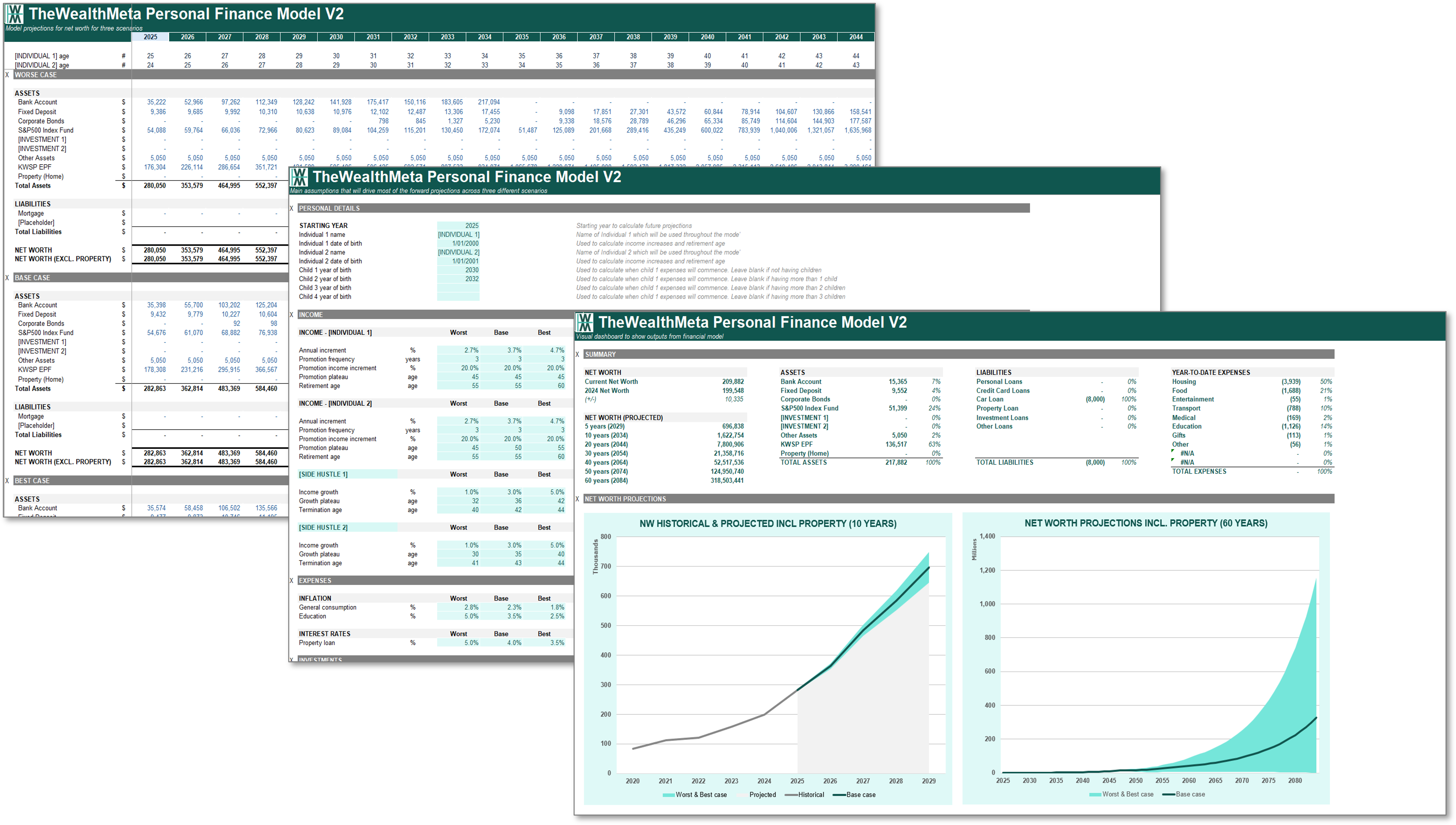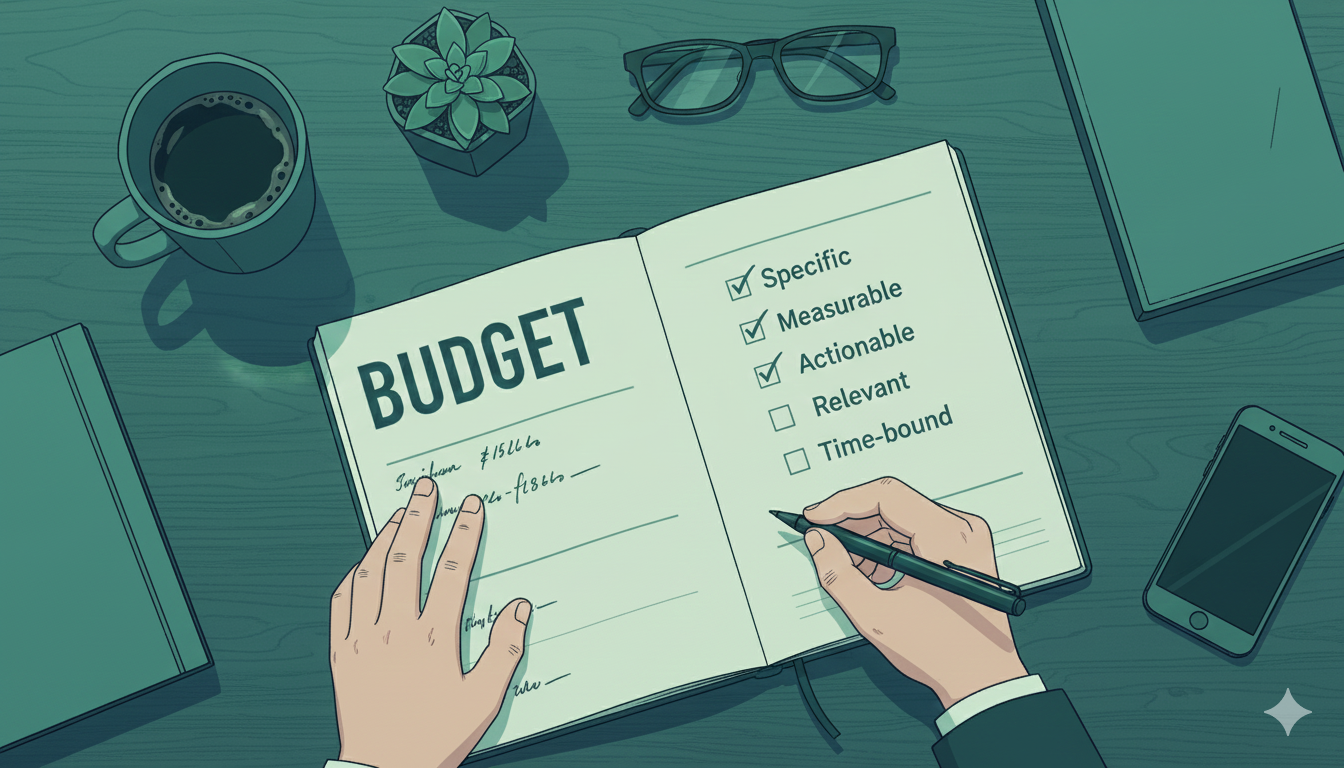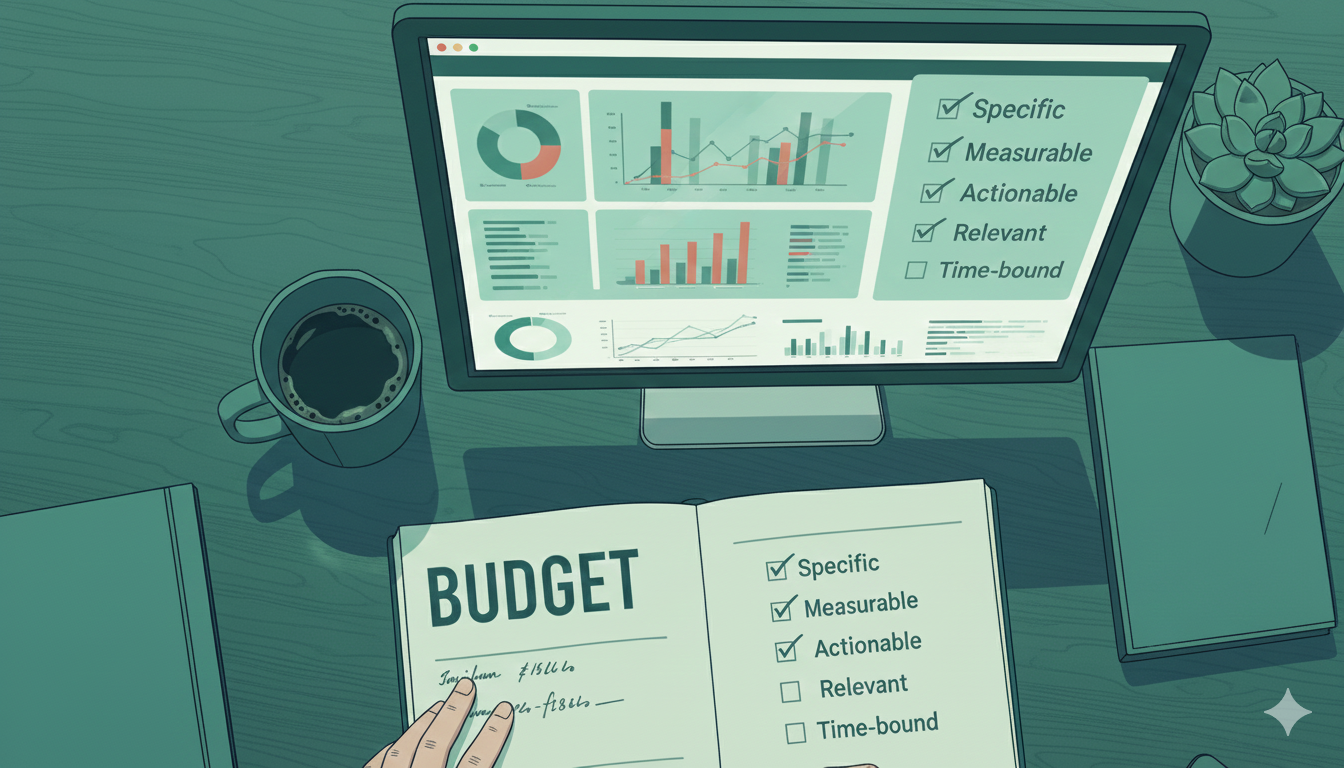Salary Series Part 3: How to negotiate salary raises
Negotiation is not an act of battle; it’s a process of discovery.Chris Voss Key takeaways Early preparation is key to success Document everything Do your research and develop your business case Be collaborative, especially when handling objections Keep a positive attitude, showing commitment to the company Introduction Welcome to the third post in my Salary Series! In my previous post, I wrote about how companies determine employee salaries. In this post, we'll leverage all the knowledge we learnt and my…









